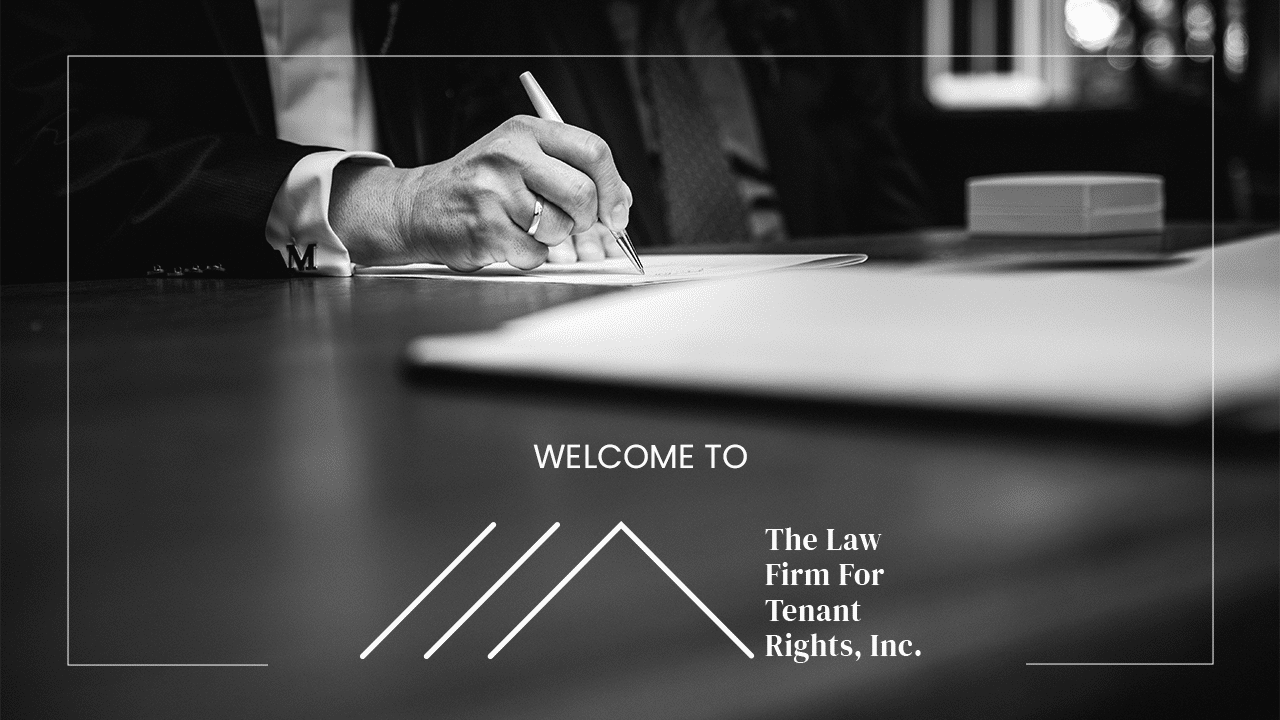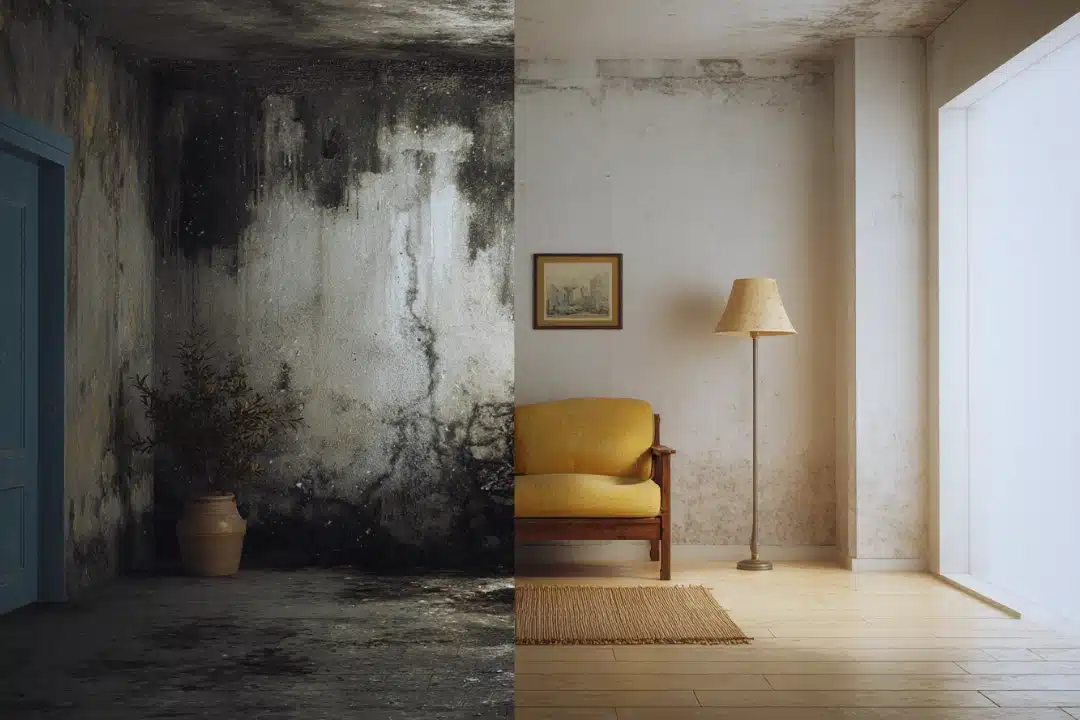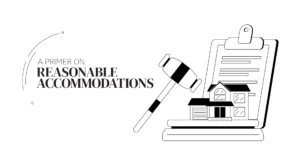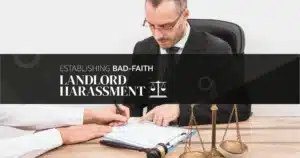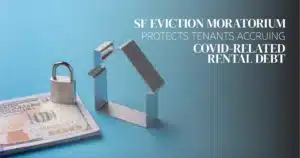Understanding Your Rights: Habitability and Housing Laws in California
Coming home to a leaky roof and a broken heater is every tenant’s nightmare. For most tenants, rent is their most significant expense, and it is extremely frustrating to work two jobs just to afford a home with moldy walls.
This is the reality that many tenants in California face despite the strong legal protections meant to safeguard them. These laws are intended to protect tenants from landlords’ negligence and to ensure they live in a safe, clean environment.
Heat, water, and working plumbing systems are not luxuries — they’re basic rights every tenant deserves. With the help of The Law Firm for Tenant Rights, Inc., you can ensure that landlords do not infringe upon your rights.
You deserve a safe place to live, and the law is on your side.
What Does the Term “Habitable” Mean Under California Law
To put it simply, habitability means the property is considered safe and comfortable enough for someone to live in. This includes a functional bathroom, a kitchen for cooking purposes, and a heating system that allows you to stay warm in the winter. Issues like mold or poor ventilation, if left unchecked, can be hazardous.
Under California Civil Code §1941.1, landlords must maintain rental properties in safe, livable conditions. Here are the requirements of a habitable rental unit:
- The property must have effective roofing, exterior walls, windows, and doors.
- The plumbing and facilities must be in working order, and there must be a functioning water meter installed to check the water supply.
- The electrical system, including lighting, wiring, and equipment, must be functional at the time the tenant moves in. If it is not, the landlord is required to fix the issue.
- The landlord must provide a working heating system.
- The landlord must ensure that the property is clean, sanitary, and free of any pests such as cockroaches, rats, and termites. The landlord must also provide adequate garbage receptacles.
- If the landlord supplies appliances under the lease, they should work properly and be maintained — although § 1941.1 does not list appliances specifically, courts have held that included appliances must function.
- Visible mold, dampness, or inadequate ventilation may also render a unit uninhabitable under local health and safety codes (e.g., Health & Safety Code § 17920.3), even though § 1941.1 doesn’t list ventilation or mold explicitly.
If the property is uninhabitable (i.e., it substantially lacks the characteristics listed in § 1941.1), a tenant may have legal remedies such as repairing the defect and deducting the cost under § 1942. Withholding rent outright may be permitted in some cases, but it is extremely risky without legal advice.
Common Habitability Issues Tenants Face
Landlords ignoring maintenance requests is nothing new. In fact, many renters in California face these issues. Renters not only pay exorbitant rent but are sometimes forced to cover maintenance costs for the homes they live in or live in poor conditions that endanger their health and safety.
Here are some of the most common habitability issues that tenants across California face:
- Water leaks that cause property damage
- Pest infestations such as rats, cockroaches, and bed bugs
- Mold and mildew caused by poor ventilation and ongoing plumbing problems
- No heating during cold weather
- Broken outlets and faulty wiring can cause fire or electrical hazards.
All of these issues stem from landlord negligence. In most cases, these problems can be financially exhausting, but that’s not all. They can worsen over time and put tenants and their families in danger.
When landlords ignore repair requests, they are not just breaking the law; they are putting lives at risk. This is why it is so important to take legal action and hold these landlords accountable.
How Habitability and Housing Laws Protect Tenants Across California
Habitability laws protect renters from the exploitative and predatory behavior of landlords. While these laws apply across the state, the exact rules and protections may vary depending on where you live.
In some cities, local organizations can intervene to ensure landlords keep rental homes safe and habitable. In others, local authorities can inspect properties to check if the required conditions are met. Rent boards in these areas determine what rights tenants have and what repairs landlords are legally required to make.
It is important to consult a tenant rights law firm to help you navigate statewide housing laws and regulations. California law is overall very progressive and designed to uphold tenants’ rights. The Law Firm for Tenant Rights, Inc. is here to ensure that these laws are enforced and that every tenant, no matter their income or city, can live in a clean and safe home.
Empowering Tenants to Stand Up for Their Rights
Renters deserve a comfortable home. The Law Firm for Tenant Rights, Inc. is here to ensure that landlords do not exploit tenants. If your landlord refuses to fix serious issues such as water damage, heating, or faulty wiring, they are not just cutting corners; they are putting your life at risk. We step in to protect your rights and make sure your landlord is held accountable.
We believe that your home should be a safe space for you and your family. Contact us today for a free consultation so you can stand up to your landlord.
Frequently Asked Questions
-
What does “habitability” mean for renters in California?
It means your rental home must be safe, clean, and livable — with working plumbing, heat, electricity, and no serious health hazards.
-
What are landlords required to fix under California law?
Landlords must repair issues that affect health and safety, like leaks, mold, pests, broken heaters, or faulty wiring.
-
Can I withhold rent if my landlord doesn’t make repairs?
In some cases, yes, but it is very risky, may allow the landlord to file an eviction against you, and it’s best to talk to a tenant rights lawyer first to make sure you do it legally.
-
What should I do if my landlord ignores repair requests?
Document the problem, send written repair requests, and contact local housing authorities or a tenant rights attorney.
-
How long does my landlord have to make repairs?
Landlords must fix serious issues within a reasonable time — usually 30 days or less, depending on the problem.
-
Are there different housing laws in cities like Los Angeles or San Francisco?
Yes, some cities have extra protections, rent control laws, and local inspection programs to protect tenants.
-
Can my landlord evict me for reporting habitability issues?
No. That’s considered retaliation, and it’s illegal under California law. However, if you withhold rent, they can claim their basis for eviction is non-payment of rent (rather than your complaints about the conditions).
-
What kind of proof do I need to show poor living conditions?
Photos, videos, written repair requests, and inspection reports all help prove your case.
-
Can I get compensation if my home isn’t livable?
Yes, in some cases you may be owed rent reductions, reimbursement for costs, or even damages for distress.
-
How can The Law Firm for Tenant Rights, Inc. help me?
They’ll review your case, explain your options, and help you take action so you can live safely and comfortably again.
